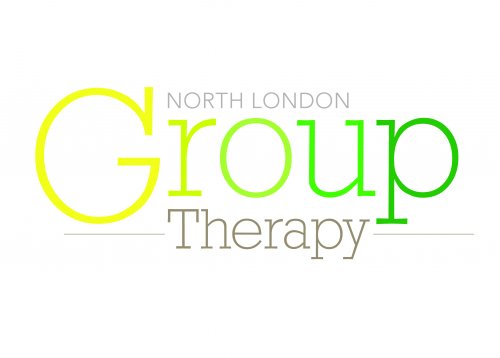Information : Getting the Most out of a Therapy Group
A therapy group is like a laboratory for human relationships; many things are possible within the space and time. Here are some suggestions that help people get the most out of a group.
Your primary job. Your primary job is to make sure you get something for yourself from our sessions. There are some suggestions for what this might be and how you might go about this below. However, if you are not getting something valuable from our sessions, it’s worth bringing this up in the group and working with the help of the group to understand what is going wrong and what you could do differently so that the experience is more satisfying for you.
Objectives. You may like to clarify for yourself some objectives that you want to work on or towards within the group. You could review these each term and let the rest of us know what they are, so that we can support you in your endeavours.
Objectives could include:
• Bringing up an area of interest or curiosity for you, for exploration within the group.
• Sharing important information about yourself with other group members.
• Using the group to understand an experience you are left confused or distressed by, or a pattern of behaviour or thinking that is not serving you – defensiveness, stuckness, rigidity, aggression or passivity for example.
• Practising new behaviours that you want to develop – e.g. listening, assertiveness, opening up about difficult areas, responding empathically, self & other affirmation.
• Seeking support from others for a project, struggle or issue in your life.
• Monitoring and/or sharing your own awareness about what happens to you when you spend time in an intimate group space with others.
What matters is that you have some awareness of your personal reasons for being in the group, are monitoring these from time to time, and doing something if you’re not getting something of value for yourself.
Preparation. It can be helpful to think about group sessions beforehand and prepare yourself by thinking what you’d like to bring or get from the session.
Expanding your comfort zone. Most useful work within a therapy group seems to happen closer to the edge of our comfort zone, rather than safely within the middle of it. Only you know where this is, as only you know what’s safe and comfortable for you and what’s more edgey or risky to bring up or work on in the group.
Creativity, playfulness, non-defensiveness and ‘not knowing’ are valuable qualities to cultivate within a therapy group. In the same vein, not limiting ourselves to habitual ways of working and being open to and suggesting exercises, games, or unusual activities once in a while can make life interesting in a therapy group.
Talking about the feelings coming up in you, rather than acting on them. A therapy group provides a special opportunity to slow down our usual reactiveness to life and other people – so instead of going straight to a knee-jerk reaction, we can stop and talk about the emotions moving within us and make sense of our experience. This can then enable us, if we wish, to make different choices about what we do next.
Interpersonal work in the group is gold. It’s fine to talk about your own inner world, or events going on in your life away from the group. It can be very helpful, however, to be willing to raise and engage with interpersonal issues within the group. Your feelings and thoughts about others in the group and the interactions you have with them.
Interpersonal work is valuable because both parties are present in the group, so the full picture can be seen and learned from.
Engaging with interpersonal work in the group usually enlivens the group and helps to ensure that the group doesn’t get bogged down by unspoken conflicts or difficulties that operate beneath the surface.
Socialising outside the group. If you socialise with other group members outside the group it is particularly important that you are willing to bring any disruptions or other significant experiences that happen outside, and talk about them within the group. This is a groundrule for all groups I work with. Not to do so, can impede the work of the group unhelpfully.
Autonomy and self-care. You are the captain of your own ship within the group, and in charge of what you will and won’t do. It’s OK to say no to a suggestion from the therapist or another group member, or to opt out of an exercise or activity that has been proposed if it doesn’t feel right for you.
If you are struggling, ask for help. The group is here to help you. Sometimes we might see that you need help, but often this may not be obvious to us – so let us know what is going on for you and, if you know, what you need.
Using ‘I’ statements. It is helpful in a therapy group to own your own feelings, thoughts and beliefs, rather than speak for others or make generalisations. Using sentence stems such these make for a productive group experience.
I notice…
I feel…
I wonder…
I imagine…
I would like…
These are sometimes referred to as Intimate Sentence Stems because they usually lead to the speaker sharing more of their personal world with others.
Gestalt Practice. This series of sentences come from Gestalt Practice, an offshoot or Gestalt Psychology, and is a helpful recipe for working within a group.
• Trust the process.
• Stay with the process.
• Get out of your own way.
It suggests that whatever is happening in the group, and particularly in you, is probably relevant and could potentially be used for growth, development and/or healing.
The Four-Fold Way. This is another helpful approach known as the Four-Fold Way, by Angeles Arrien.
• Show up,
• Pay attention (to what has heart and meaning),
• Speak the truth (without blame or judgement),
• Stay unattached to the outcome.
Finally, the old adage, the more you put in, the more you’ll get out, is as true for a therapy group as it is for many other forms of human endeavour.




